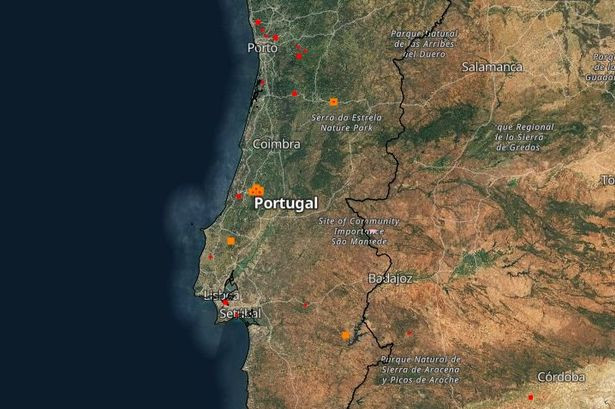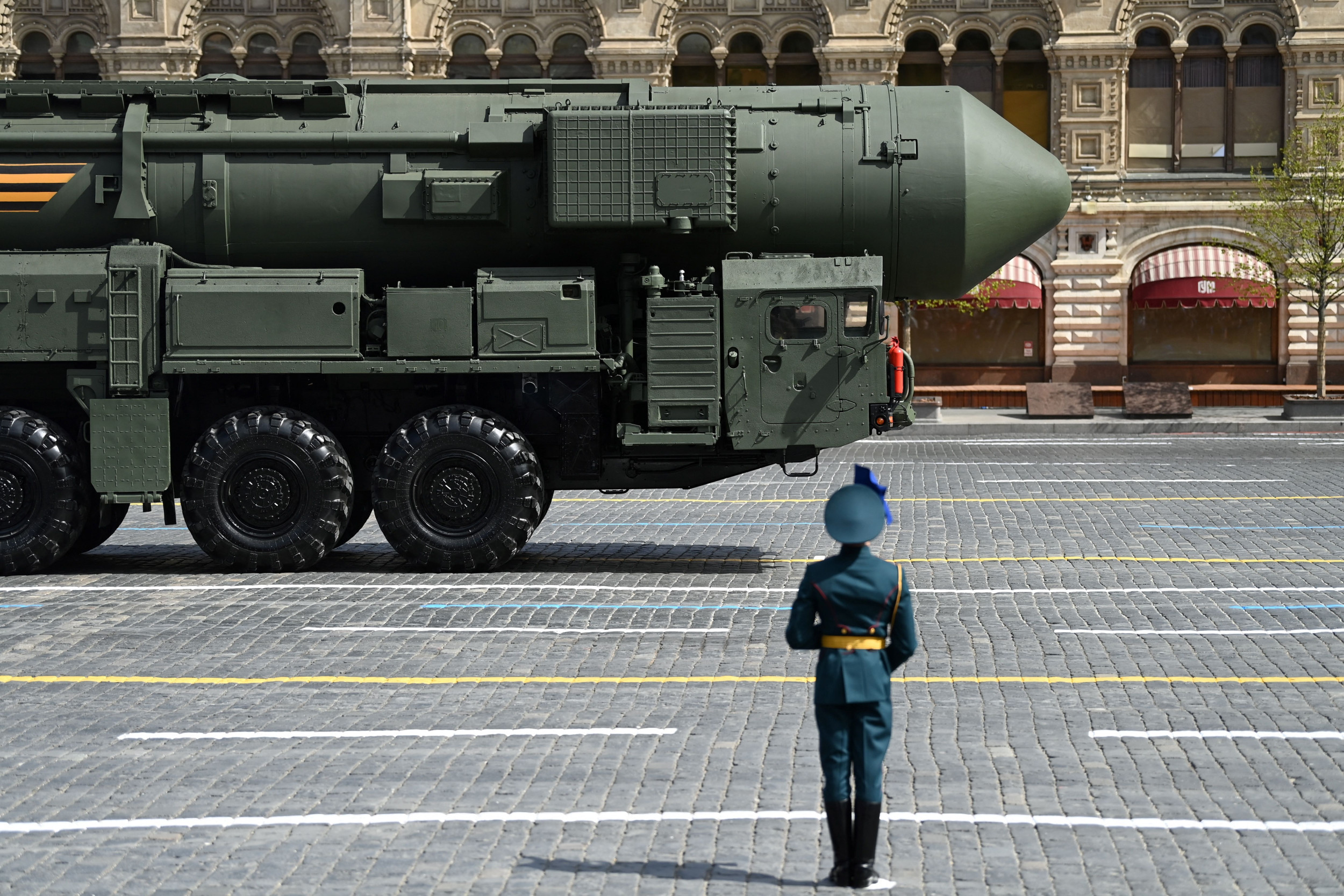Portuguese firefighters and aircraft are facing wildfires in the region of Aveiro after temperatures increased in the southern European country.
More than 500 firefighters as well as six aircraft are battling blazes in Oliveira de Azemeis, northern Portugal, according to the website of Portugal’s civil protection authority. Police forces have cut access to some stretches of the A1 and A25 highways in northern Portugal.
Wildfires Ravage Aveiro Region
Forest fires halted traffic on motorways in the Aveiro region of northern Portugal Monday as homes were engulfed by a string of blazes that broke out over the weekend, local authorities said.
Nearly 1,600 firefighters were battling 20 fires Monday, with the country placed on alert from Saturday to Tuesday evening because of high temperatures and strong winds.
More than 500 have been battling the largest fire near Oliveira de Azemeis, south of the city of Porto, since Sunday.
Further to the south, at least two homes were burned in two villages in the Albergaria-a-Velha area, said mayor Antonio Loureiro.
“We already have houses in flames at the moment,” he told Portuguese news agency Lusa.
Traffic has been halted on three motorways in the area, police said.
Drivers were told not to try to get to Aveiro. “That is the best way to not to put lives at risk,” said mayor Vitor Ribero.
One firefighter died “suddenly” Sunday while taking a break from efforts to contain the fire, the interior ministry said Monday.
Portugal Requests EU Assistance
Portugal has asked the European Union for help to fight the wildfires ravaging the Aveiro district and to reinforce its capacities on the whole mainland, a source from the European Commission confirmed to Lusa on Monday.
The situation in Aveiro, particularly the municipality of Albergaria-a-Velha, is causing increasing concern, with several homes having already been consumed by the flames. Four people have been injured – one seriously – while authorities have cut traffic to three motorways (A1, A25 and A29). Wildfires are also raging in Sever do Vouga and Oliveira de Azeméis.
Climate Change Fuels Wildfires
Portugal has seen less wildfires than usual so far this year. Some 10,300 hectares (25,500 acres) were lost to the flames by the end of August -- a third of what was destroyed last year and seven times less than the average over the last decade.
Lisbon has upped fire prevention funding ten-fold and doubled the budget to fight wildfires since deadly blazes in 2017 claimed hundreds of lives.
Scientists say human-caused fossil fuel emissions are increasing the length, frequency and intensity of global heatwaves, raising the risk of wildfires.
The Iberian peninsula is particularly vulnerable to global warming, with heatwaves and drought exposing the region to blazes.
A Call to Action
The recent wildfires in Portugal serve as a stark reminder of the devastating impact of climate change. It is crucial that we take immediate action to mitigate the effects of climate change, including reducing our reliance on fossil fuels and investing in renewable energy sources.
The future of our planet depends on it. We must act now to protect our environment and ensure a sustainable future for generations to come.

















